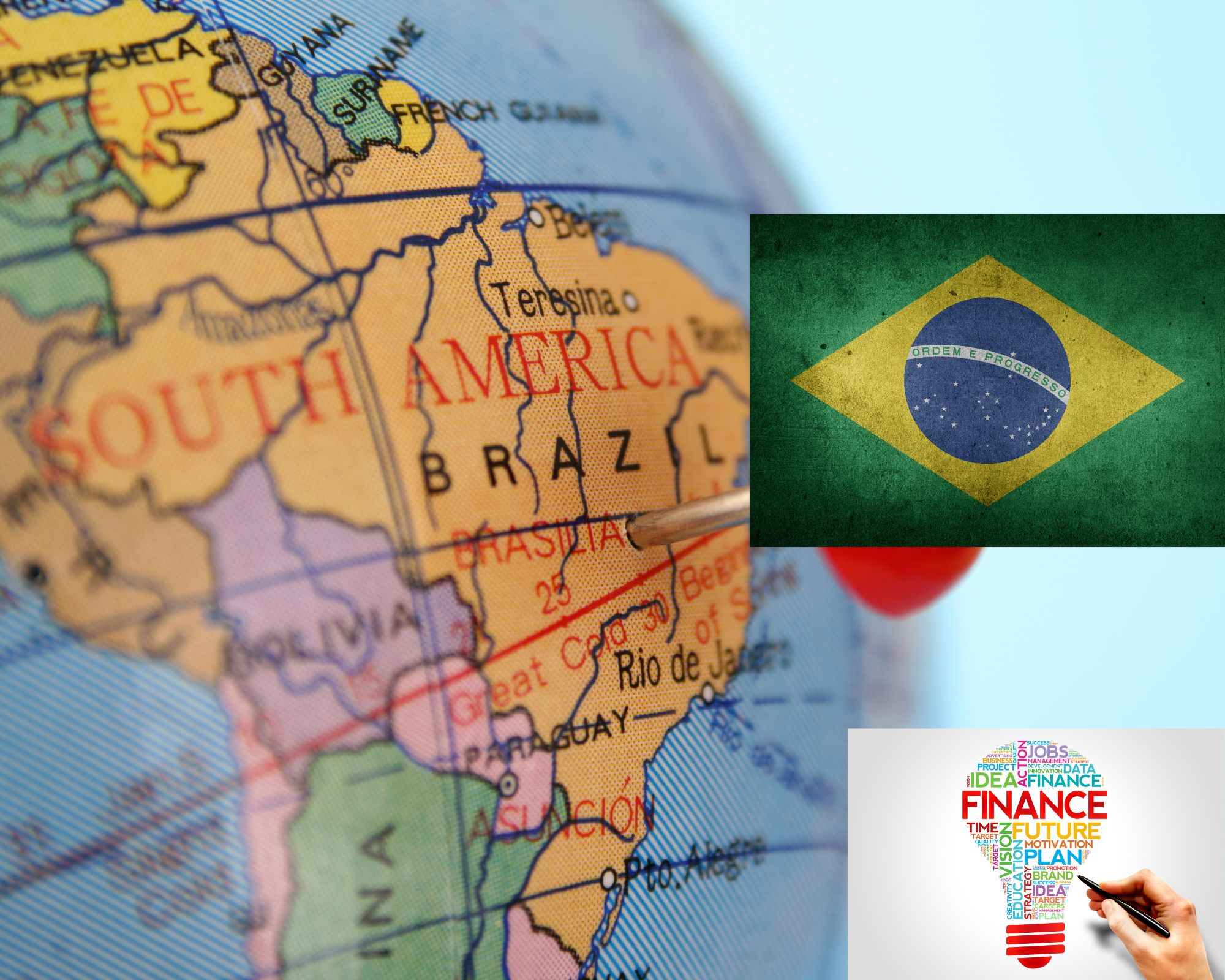Summary:
-
Luiz Inácio Lula da Silva’s victory in the Brazilian presidential election on Sunday night was a tensely slow grind rather than a triumphant, sweeping comeback.
-
Tarcsio Gomes de Freitas, Bolsonaro’s former minister of infrastructure, won the campaign for governor of So Paulo, Brazil’s largest state, with a resounding victory, serving as a reminder of the power of the country’s conservative movement.
-
Bolsonaro’s allies now control the top three states and are the largest party in the senate and lower house after completing a hat-trick.
-
The 67-year-old may run again in the 2026 presidential race if he concedes loss and his two sons, Flávio and Eduardo, continue to play significant roles in Congress.
-
RecommendedPresidents Emmanuel Macron and Joe Biden also criticised Bolsonaro for allowing the deforestation of the Amazon to soar.
Luiz Inácio Lula da Silva’s victory in the Brazilian presidential election on Sunday night was a tensely slow grind rather than a triumphant, sweeping comeback. His administration looks to be a much more difficult task.
It quickly became evident throughout the three hours of the electronic vote count that Lula’s landslide victory in 2002 and 2006 would not be repeated. This time, he laboriously eked out a win over incumbent hard-righter Jair Bolsonaro. By the end, the gap between the two guys was just 1.8 percentage points.
The nationalist right in Brazil might have won if not for a string of mistakes made by Bolsonaro and his backers in the race’s closing days, such as one of them being caught on camera chasing a black guy through the streets of So Paulo while brandishing a gun.
The outcome served as a reminder of how drastically Brazil has evolved over the previous 20 years, not only during Bolsonaro’s four years as president (thus the label “tropical Trump”). One factor is the tremendous growth of evangelical churches, whose congregation now numbers nearly one in three Brazilians.
Another is agribusiness’s influence in politics, which makes up 30% of the GDP. Social conservatism and small-state capitalism are both significant forces. A Lula administration won’t resolve both issues.
As he enters his golden years, the 77-year-old left-leaning former union leader will have to use all of his conciliation abilities to bring a bitterly divided country together. His clumsy coalition comprises figures from the centre-right who were once fierce rivals but now support Lula as the better option.
Last week, a prominent Brazilian banker stated, “We will elect Lula to defeat Bolsonaro. Then, on the first day of his administration, we enter opposition.
According to Matias Spektor, a professor of international relations at the Getulio Vargas Foundation, Lula had significant difficulties. He was elected on a platform of increased public spending, but he won’t be able to due to financial constraints. And he won’t control a majority in the legislature. His coalition spans a wide range of ideologies, so keeping it together to pass legislation will be extremely difficult.
Tarcsio Gomes de Freitas, Bolsonaro’s former minister of infrastructure, won the campaign for governor of So Paulo, Brazil’s largest state, with a resounding victory, serving as a reminder of the power of the country’s conservative movement. Bolsonaro’s allies now control the top three states and are the largest party in the senate and lower house after completing a hat-trick.
Given the convergence of the far right in congress and the critical state of So Paulo, Monica de Bolle, senior scholar at the Peterson Institute for International Economics in Washington, predicted that Lula would have a difficult time. His obstacles are enormous.
Uncertainty surrounds Bolsonaro’s future, which may be significantly influenced by how he reacts to Sunday’s outcome. The 67-year-old may run again in the 2026 presidential race if he concedes loss and his two sons, Flávio and Eduardo, continue to play significant roles in Congress.
Recommended
Presidents Emmanuel Macron and Joe Biden also criticised Bolsonaro for allowing the deforestation of the Amazon to soar. They immediately congratulated Lula, who pledged to stop all deforestation without a deadline and to create additional safeguards for indigenous areas. However, compared to Lula’s first two terms, when he decreased Amazon damage by roughly two-thirds, this mission is likely to be more difficult now. By reducing funds and choosing loyalists to lead the institutions in charge of enforcing environmental laws, Bolsonaro has wholly dismantled them. Under his administration, loggers, land speculators, and ranchers have been empowered to carve out tens of thousands of agricultural land, and illicit miners have engaged in large-scale operations. A Brazilian political scientist who teaches at Columbia University, Miguel Corrêa do Lago, remarked, “The machinery of the state is a disaster, and it will need to be reconstructed.” “Bolsonaro’s election welfare scheme has already created a financial black hole, and Lula will face a well-organized opposition in Congress. The Amazon will be necessary to him and a top focus for his government, which is a plus. This can bring a lot of capital to Brazil.
Analysis by: Advocacy Unified Network

